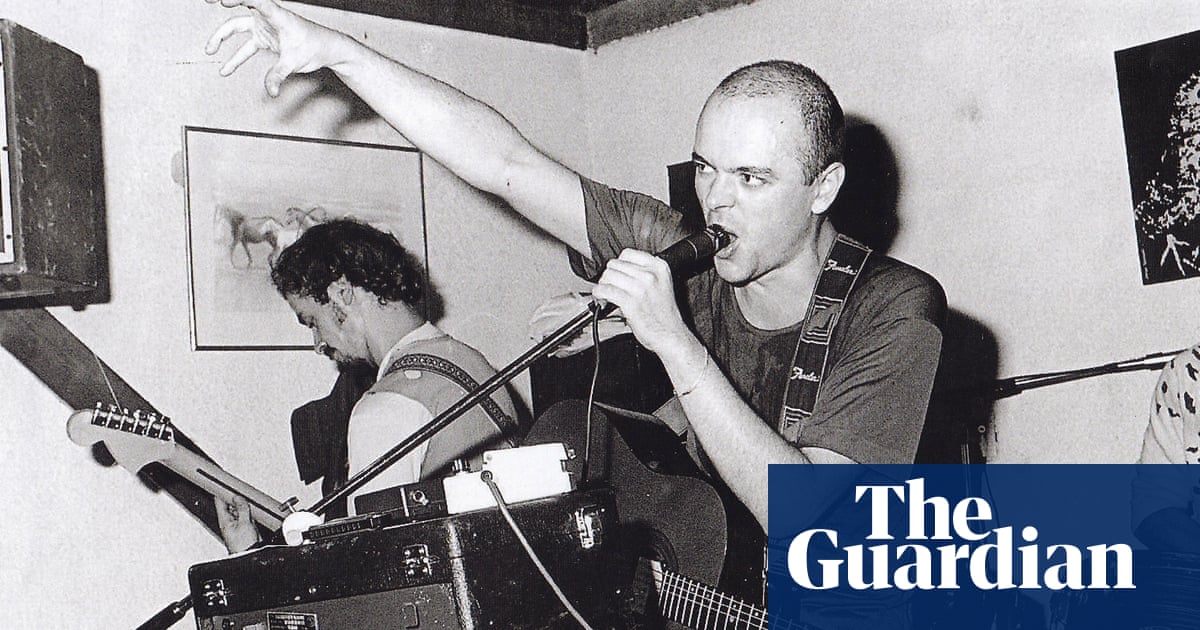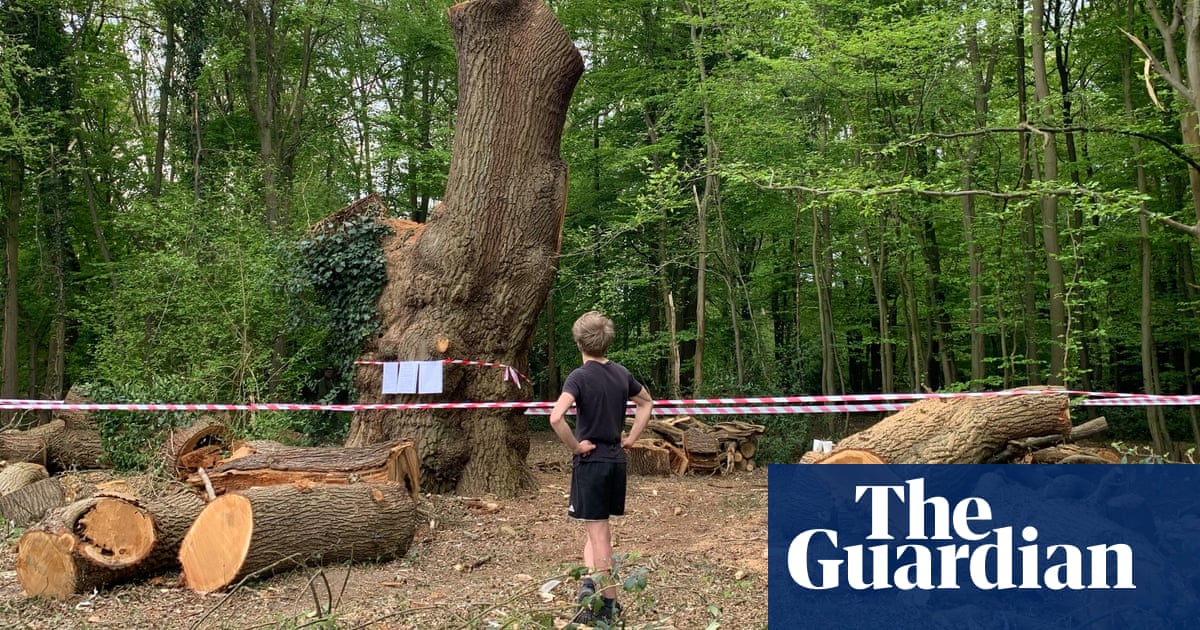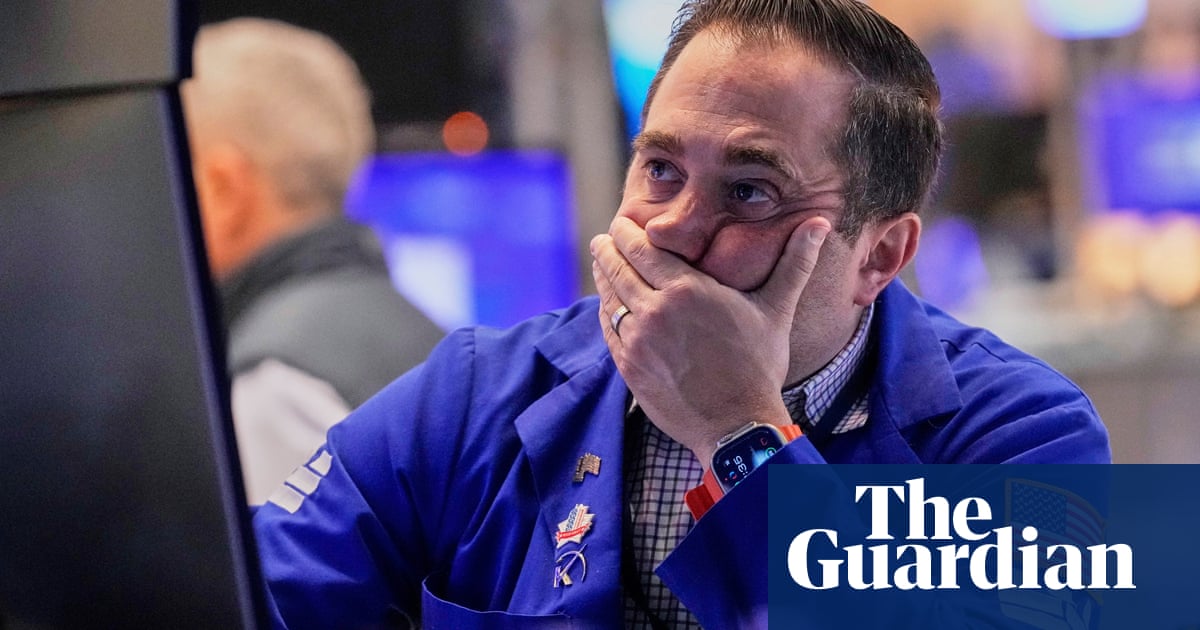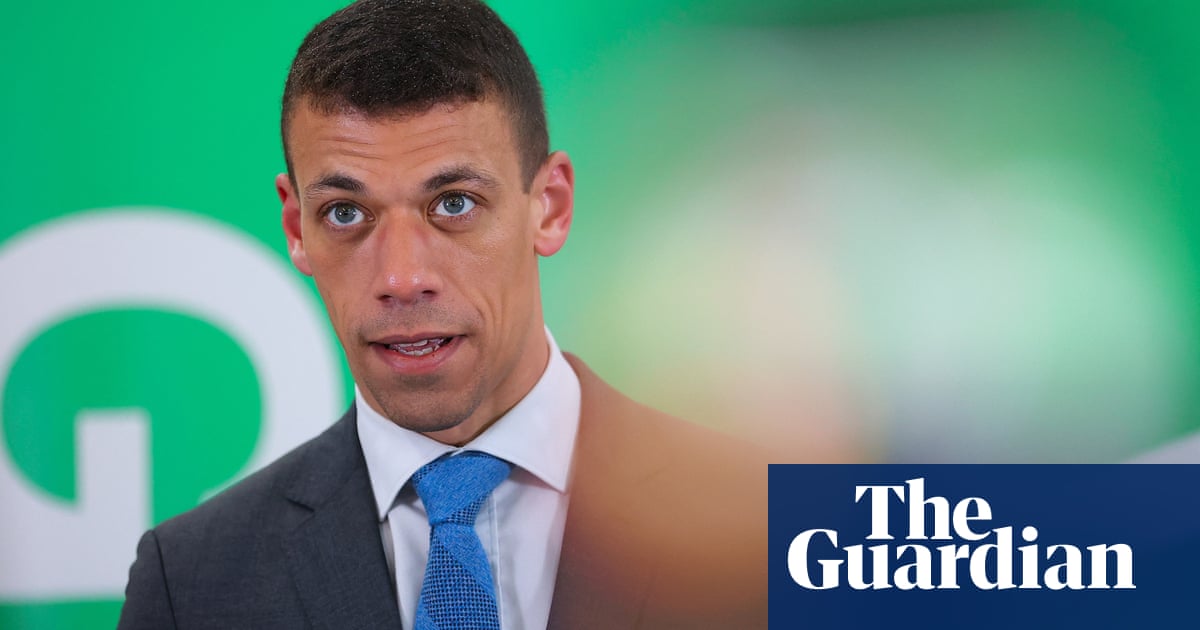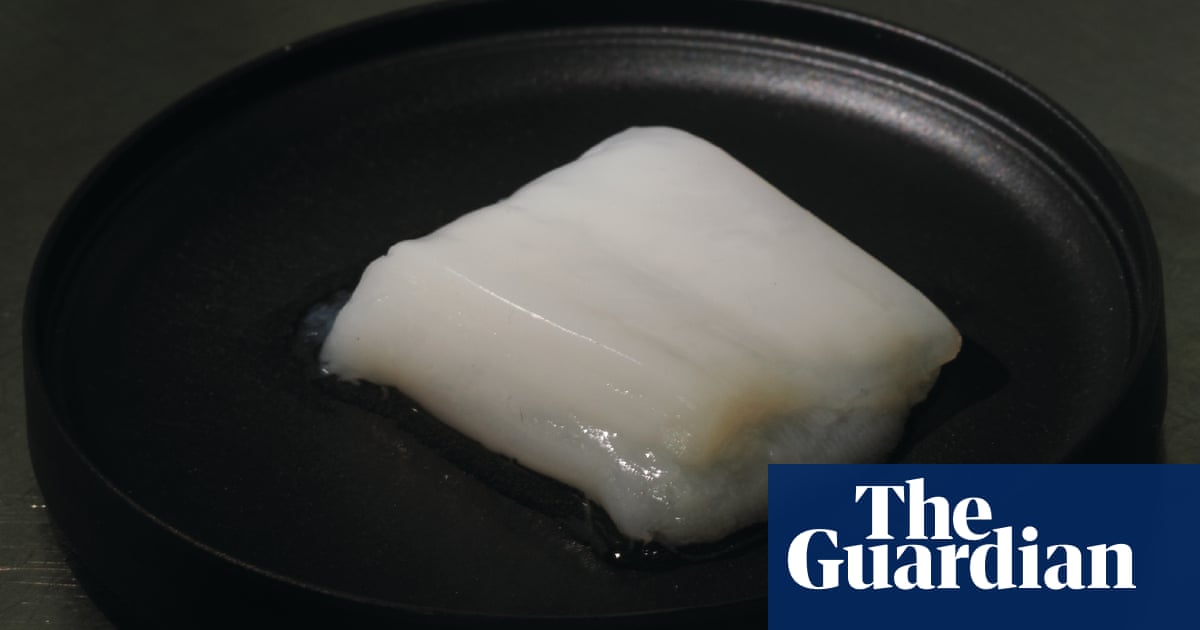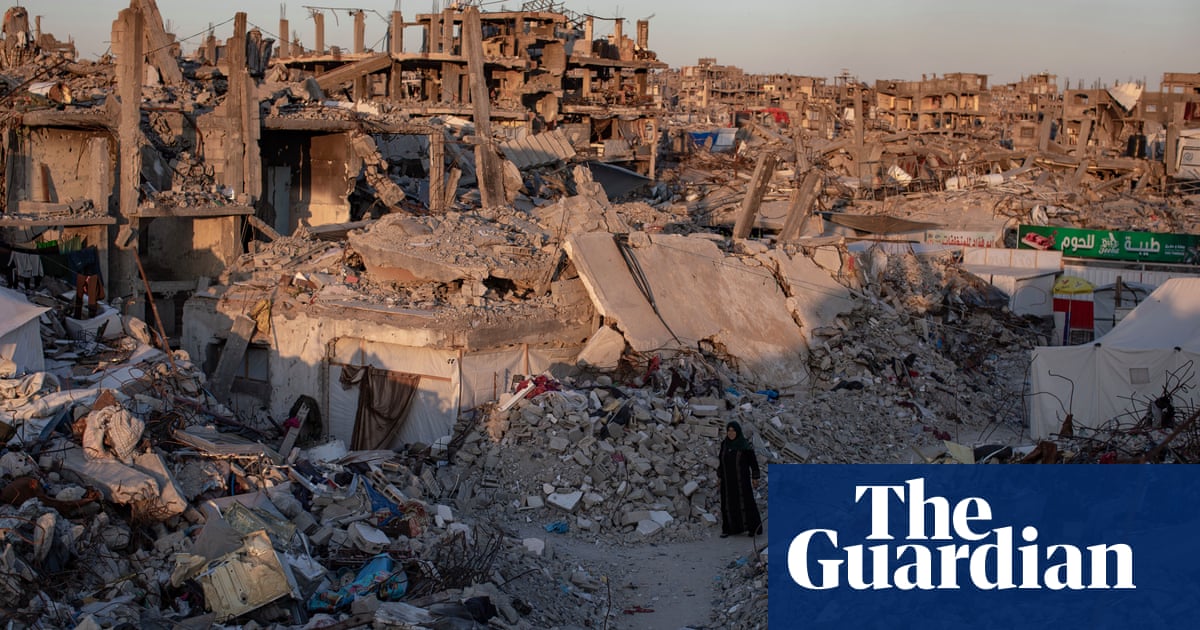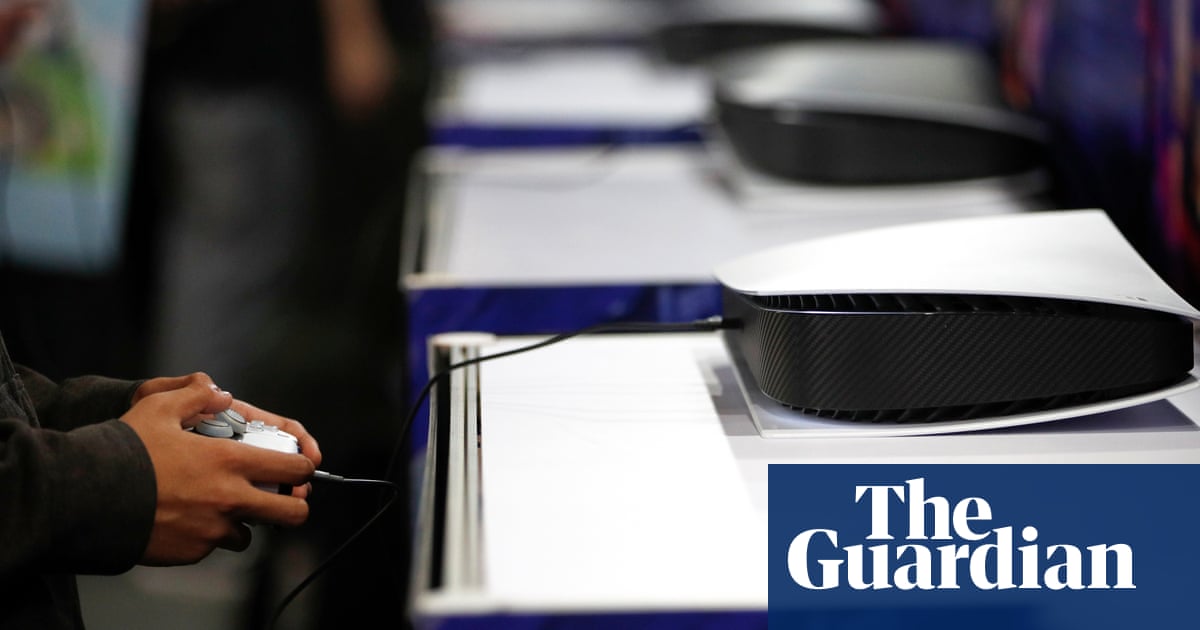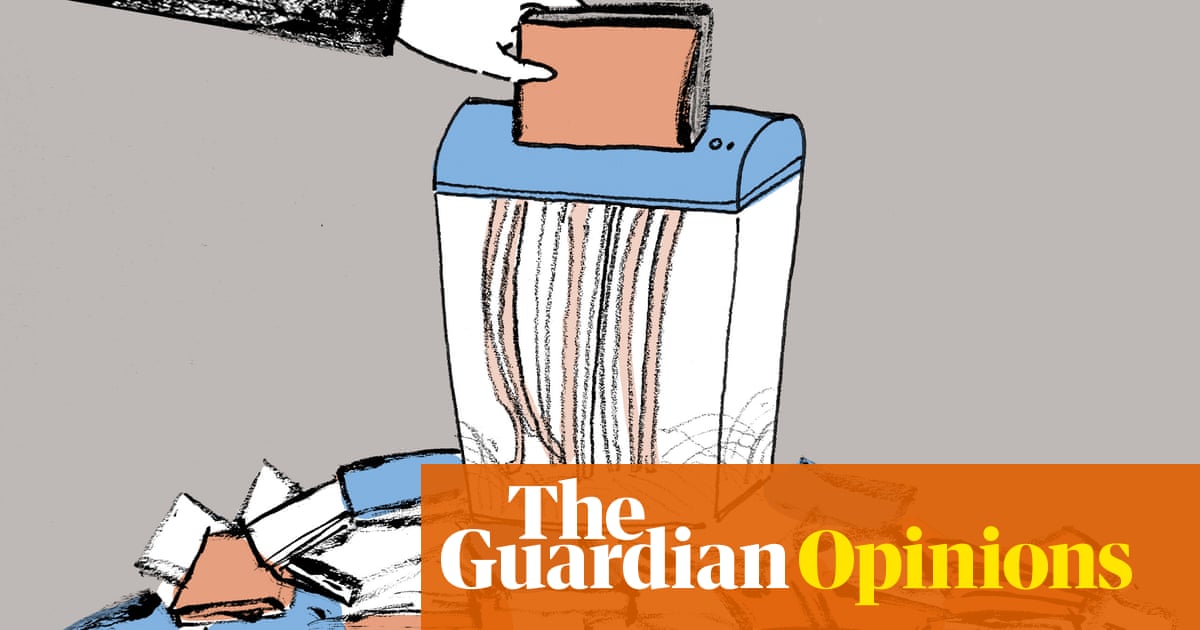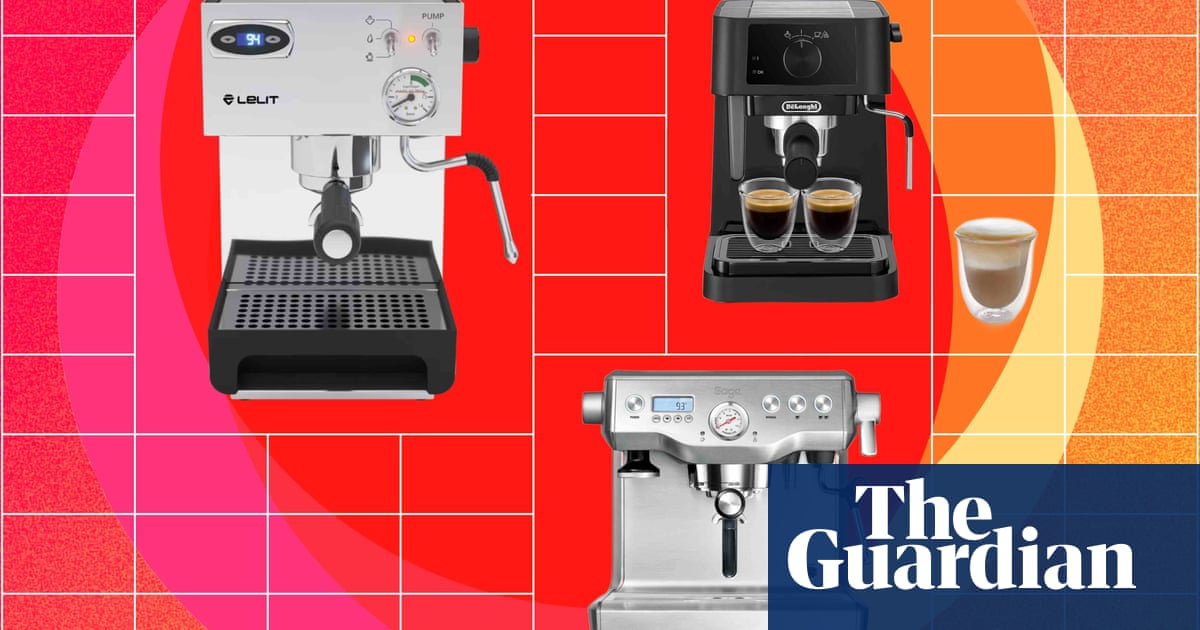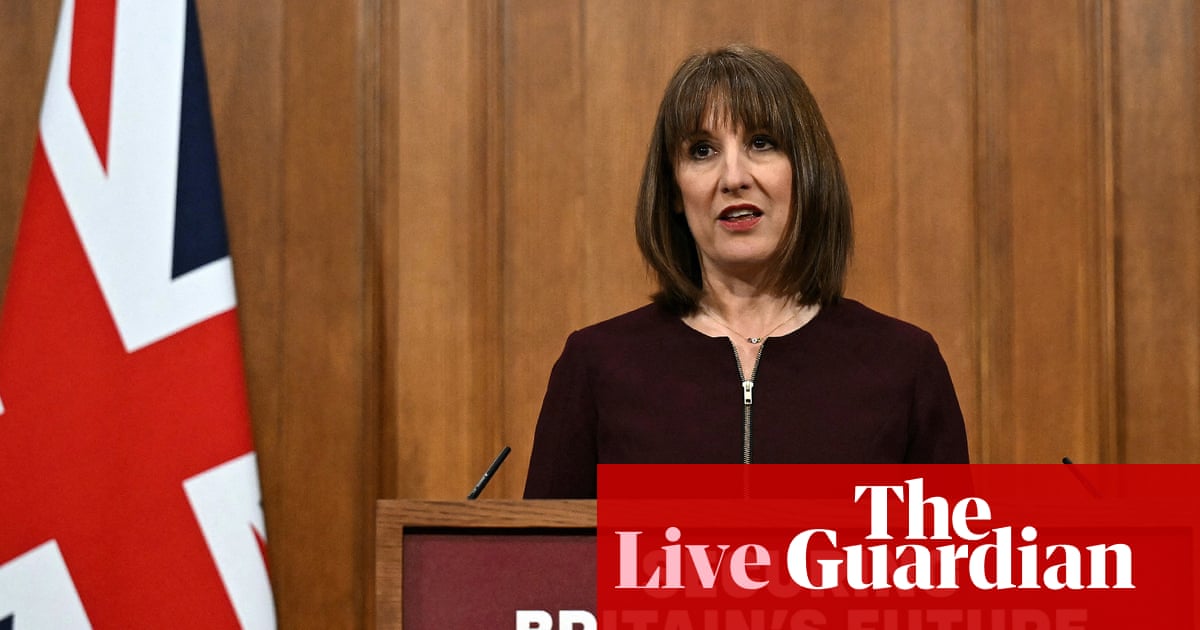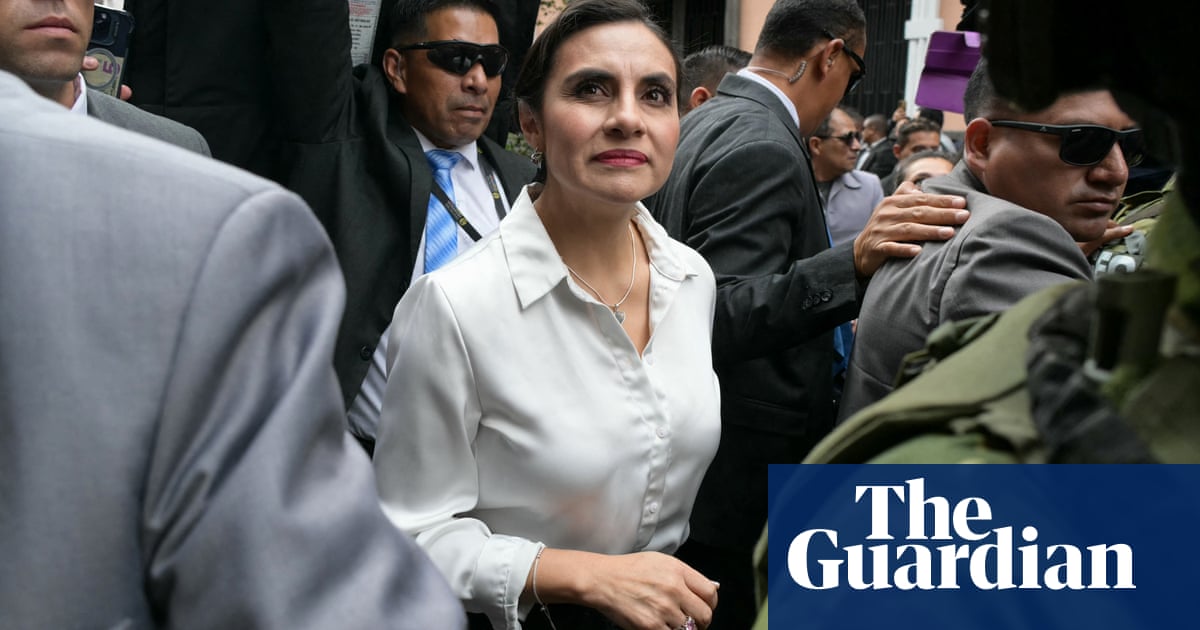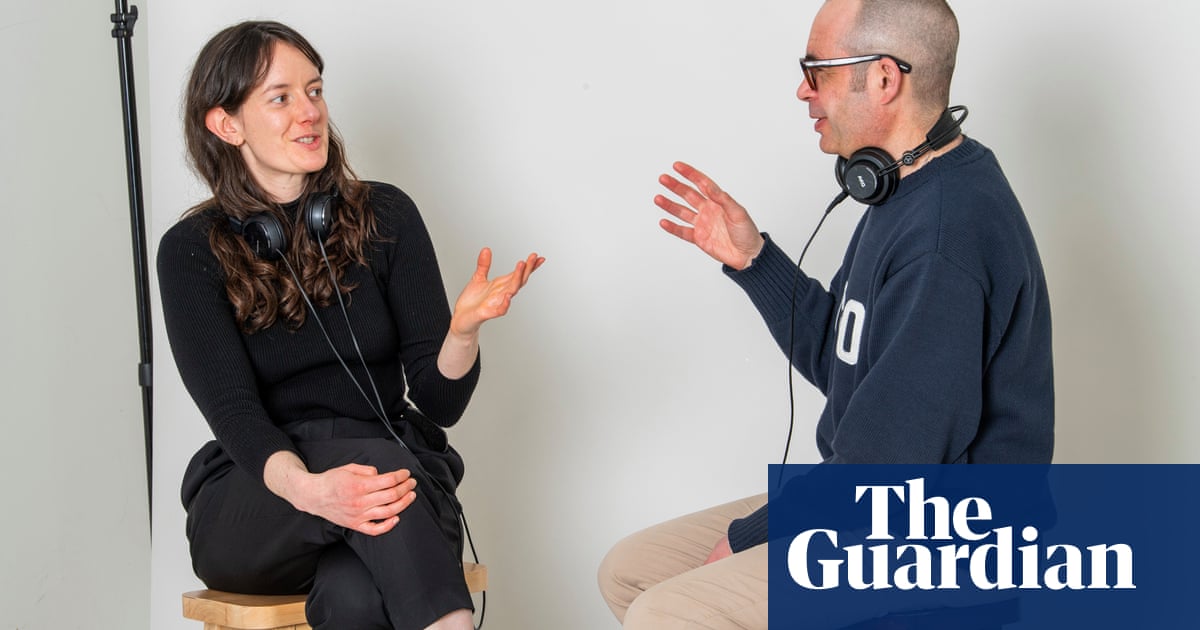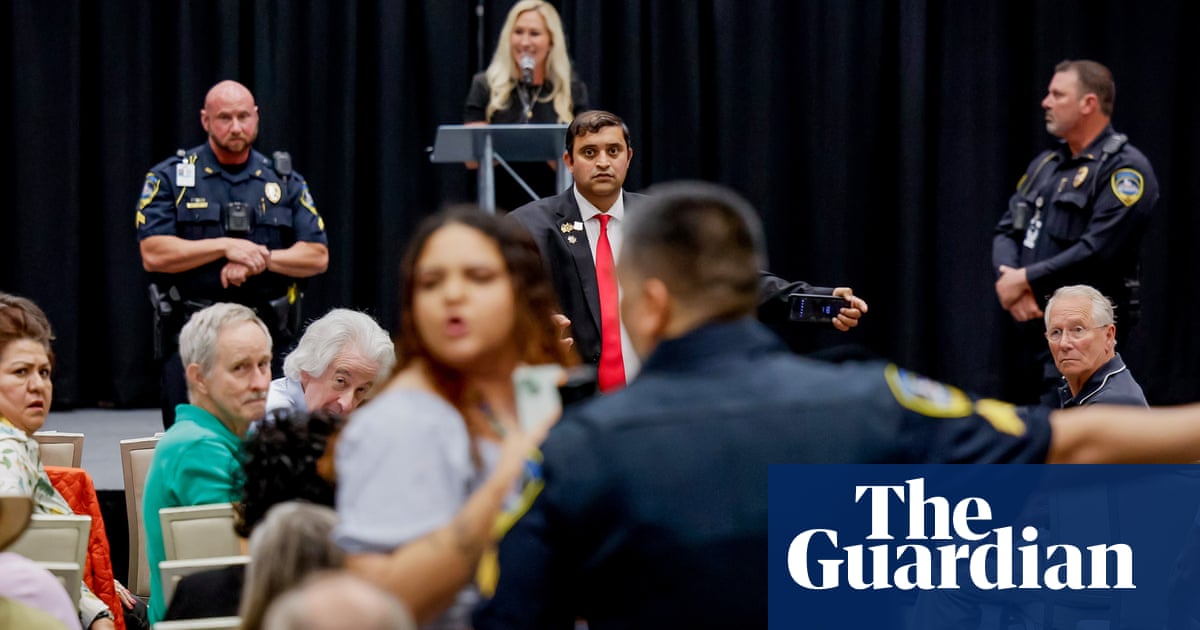It felt like an “earthquake from the sky” when an Israeli airstrike hit the clinic Dr Saif Alden had left just minutes earlier. Alden had been treating animals hurt and abandoned amid Gaza’s destruction. They survived but the equipment and medication the mobile clinic needed to function was destroyed.
Still, the team saw it as a setback, not a defeat. Alden has spent the month since the airstrike traversing Gaza to scavenge the tools needed to resume operations.
“It was a test of our purpose, our mission and our resilience,” says Alden, team leader for a mobile clinic run by the charity Safe Havens for Donkeys. “It was a miracle that we survived.
“And survival wasn’t the end of the story – it was just the beginning of another struggle. The attack took from us all the tools we use to save lives.
“We’ve started again, from zero, because the animals are still here. They still need us. And we will never abandon them.”
Alden’s team operates a mobile clinic that has treated more than 7,000 donkeys and thousands of other animals since the outbreak of the current war in Gaza in October 2023. Donkeys are a lifeline for many Palestinians in Gaza.
Israel’s bombardment has decimated Gaza’s infrastructure, destroying roads and leaving few functioning vehicles, while its blockade of the Palestinian territory makes fuel for transport difficult to find.
Donkeys have filled the gap, used to transport goods and people – as they search daily for food, water and fuel, to get to hospitals and to transport them with their belongings each time Israeli forces order thousands to leave an area.

“These donkeys are the last thread connecting people to the basic services they desperately need,” says Alden.
“We’ve seen donkeys in Gaza who’ve saved lives – transporting pregnant women to hospitals to give birth, carrying the injured to safety, standing by the side of those who have lost everything, offering warmth when all else is cold. They give without asking for anything in return.”
The Safe Haven team have continued to work despite the airstrike on 13 March, and other challenges before that including near-misses, roadblocks and the struggle to find food or shelter.
after newsletter promotion
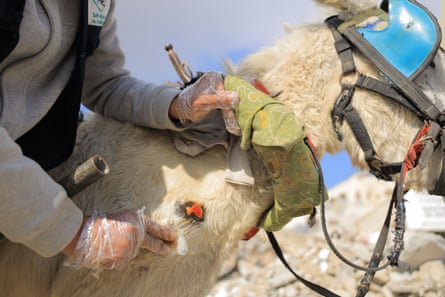
The mobile clinic travels across Gaza, stationing itself in different areas on appointed days so those with wounded animals can bring them for treatment.
But the team also scours the destroyed landscape for those animals left behind, takes calls from the owners of ailing and injured donkeys, and responds to requests to rescue animals from even the most dangerous areas.
The treatment process is a careful one: each animal is sensitively approached and assessed then given the correct treatment, whether for a wound, a broken limb or malnutrition. Finally, they wait and hope the animal can recover with their limited resources.
Alden says they go through a personal journey with each animal, which involves offering each one sensitivity and dignity after the traumas it would have experienced. And while it relies on science, the little equipment they have to heal the animals means the team also depend on sheer willpower.
“When they get better, we don’t celebrate – they aren’t trophies. We quietly stand by their side, just as we have been standing by every other animal we’ve helped. But inside, a part of us whispers a prayer of gratitude,” says Alden.
“When we help them, we are not simply saving a life; we are preserving a sacred bond between humans and animals. We are keeping hope alive.”

.png) 1 day ago
10
1 day ago
10
